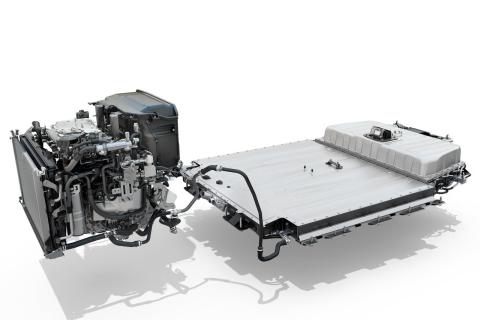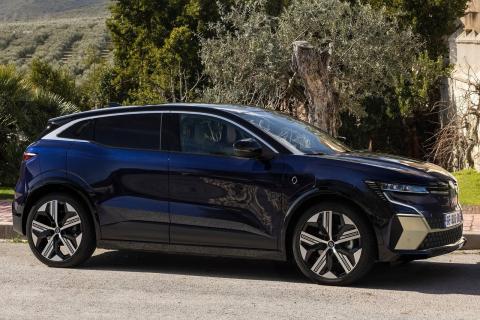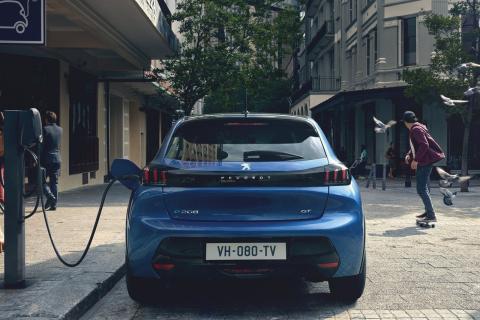
A group of Korean researchers have created anodeless batteries that are cheaper to produce and have a higher energy density.
As the automobile industry advances in the development of the electric car and the ban on selling combustion cars in 2035 in Europe is confirmed, other problems related to vehicle batteries arise. In this sense, from Korea come the batteries without anode. Are they the future of the electric car?
As we have already mentioned on occasion, the most important component of an electric car is the battery. It is the heart of the vehicle, which allows it to function and have a certain autonomy.
But the batteries of electric cars pose some problems, because they are very expensive to manufacture, due to the materials that they are made of, and the autonomy is still far from that offered by vehicles with a combustion engine.
We know that both the automobile industry and different teams of scientists and researchers are currently working to make more efficient batteries in the future. And, from South Korea comes an interesting work whose result is an anodeless battery with extraordinary performance.
Batteries without anode, are they the future of the electric car?
The materials that make up the anode are the most important that determine the useful life of a battery and its recharging speed. Within a cell, the anode is the electrode where oxidation takes place, while the cathode is the electrode where reduction takes place. The anode would be the positive pole of a battery.
A team of researchers from POSTECH University (Pohang University of Science and Technology) in South Korea has developed anodeless lithium batteries that offer high performance with each recharge.
The work, published in Advanced Functional Materials and financed by the Alchemist project, shows a battery without an anode whose volumetric energy density reaches 977 Wh/l, which means 40% more than conventional batteries, with a density of about 700 Wh/l.
This means that the battery can offer 630 kilometers of autonomy with a recharge, according to those responsible for the investigation.
battery degradation
In a lithium battery, the structure of the anode materials changes as lithium ions flow into or leave the anode, during the charging and discharging phases, respectively. These changes are precisely what cause the capacity of a battery to decrease over time.
The Korean group of scientists raised the possibility of charging and discharging the battery through a bare anode current collector, without materials. In this way, the energy density would increase.
The problem with this method is that, in addition to increasing the energy density, it also causes a significant increase in the volume of the anode and reduces the cycle life of the battery, due to the absence of stable storage of lithium in the anode.
More energy density and cheaper
The solution to this problem was a battery without an anode in a liquid carbonate-based electrolyte, adding an ion-conducting substrate that forms a protective layer on the anode and helps minimize its expansion.
The Korean University’s work shows that, in the carbonate-based liquid electrolyte, the battery maintained a high capacity of 4.2 mAh/cm2 and a high current density of 2.1 mA/cm2 for a long period. He also showed that the substrates could store lithium.
It should be clarified that, in reality, these are not cells without an anode, since they retain a positive and a negative pole (cathode). But they call it that to indicate that the anode is not made of graphite, so it dispenses with this material, which is expensive to obtain and process.
The anode is made of a metal that is much easier to produce than graphite or silicon-coated anodes, which helps reduce costs. In addition, the researchers successfully tested the operation of these cells in an argyrodite sulfide-based solid electrolyte battery.


